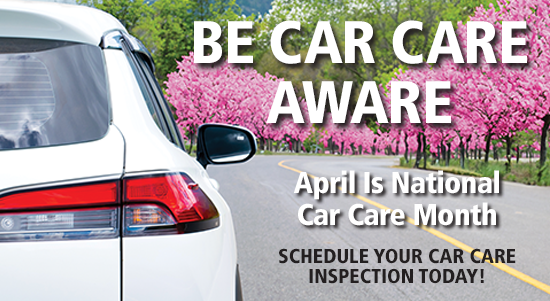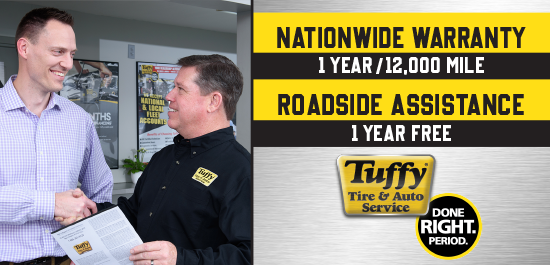Your car’s air conditioning system uses a chemical refrigerant under pressure to make the interior cool. MACS Worldwide wants you to know about the environmental damage chemical refrigerants can create when the system is not serviced properly. Proper handling of these chemicals can help the environment and save you money.
It used to be common practice to simply release refrigerant to the atmosphere during service. The chemicals were inexpensive and thought to be benign in the atmosphere. But research showed that the chemicals damaged the ozone layer above the Earth.
The automotive industry found new refrigerants, and in the mid-1990s air conditioning service changed forever. The United States Clean Air Act required all technicians working on a vehicle’s air conditioning system to be tested and certified on their knowledge of refrigerant recovery and recycling procedures.
There are many EPA-accepted refrigerants – the most common one is called R-134a – but they are not always interchangeable. Mixing, or cross-contamination, can result in system leaks and expensive failures. Labels under the hood list the recommended refrigerant and how much to install.
Although the newer refrigerants are ozone friendly, they are now suspected of contributing to global warming in the Earth’s atmosphere. Keeping these chemicals out of the air has become even more important than before. It’s not hard to do, and many repair shops have the equipment.
By law, refrigerants from vehicles must be captured (recovered) during service, and must be cleaned of impurities (recycled) before being put back into the car. It is illegal to release these chemicals into the air, and violators may face heavy fines. Ask your service shop about industry-approved recovery and recycling machines, and the technicians’ certifications.
Refrigerant can be expensive; why pump it in to let it leak out? The practice of just refilling a leaking system is irresponsible. No federal regulation currently prohibits this practice, but any leak should be repaired to insure best cooling and environmental responsibility. |




